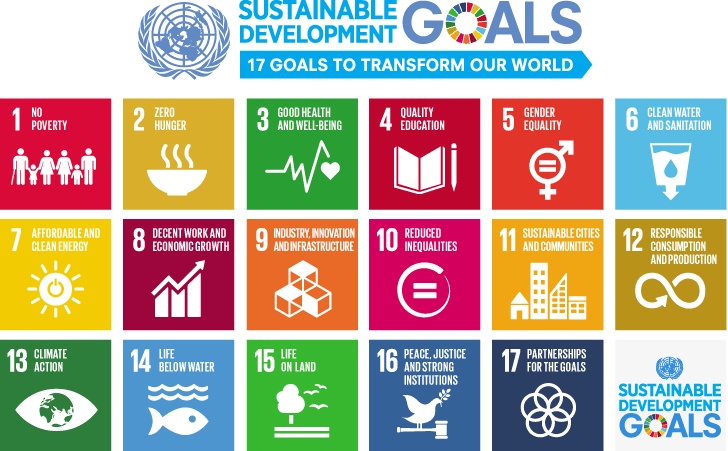A few weeks ago, we published the first part of this series, where we summarised some of the options founders in Africa have when it comes to talking to investors for funding.
Part 1 was more focused on organisations like accelerators, incubators or high net worth angels; in this post we will dig into the world of institutional investors.
But first, what is an institutional investor? Put simply, an institutional investor is a company, organisation or group that invests money on behalf of other people.
Institutional investors include mutual funds, pensions and hedge funds. But within the context of investment into start-ups and companies, we are often referring to Private Equity investors.
Private Equity typically refers to capital investment made into companies that are not publicly traded. A private equity investment will generally be made by a private equity fund, impact investor, a venture capital firm or even an angel investor as discussed in previous articles. Each of these categories of investors has its own set of goals, preferences and investment strategies or asset classes (i.e. equity or debt). However, all provide working capital to help a target company to grow, develop new products, or restructure the company’s operations, management, or ownership.
So, if you are looking for funding, what do these terms mean and when should you seek out institutional investment?
Venture Capital (VC):









